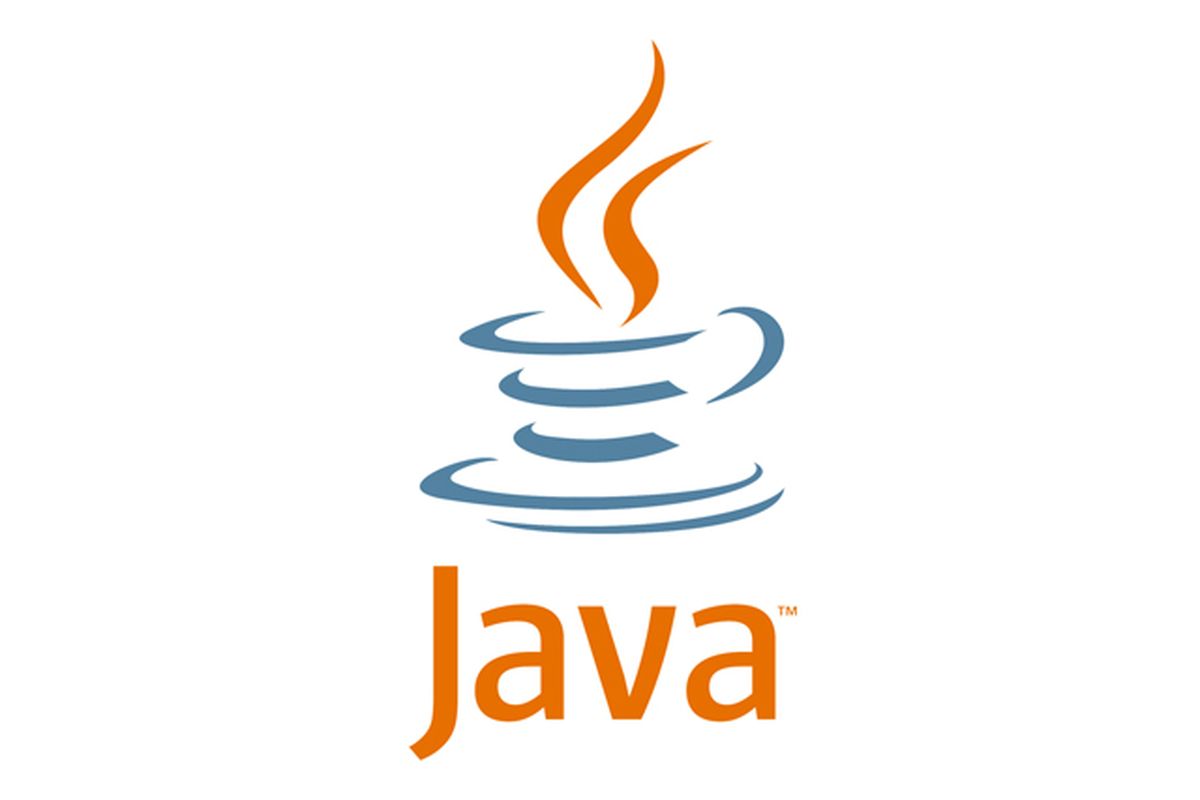- Home
- >
- Mobile apps development
- >
- Why is Java an independent platform?
Java being the platform independent language allows its end users to access its source code on any other language automatically.
Its source code can be used to work on a different platform which makes it an independent platform to work on.
It’s a human readble language which makes it preferable from a bunch of people.
Other languages are machine level languages which the humans cannot read easily.
The solution to this problem is the usage of a compiler when translates the high-level language into a language which is understandable by machines.
Hence, the use of compilor is not required in java and this makes it an independent platform.
The java code may be a sequence of machine instructions that can be executed directly by the CPU.
Virtual machines can also interpret the representations.
The intermediate representation is known as the Java Byte code.
All the programmes in Java are compiled by javac.
The result of the JAVA compiler is the .class file or the bytecode and not the machine native code (unlike C compiler).
The bytecode generated is a non-executable code and needs an interpreter to execute on a machine. This interpreter is the JVM and thus the Bytecode is executed by the JVM.
The main point here in Java is that the JVM depends on the operating system.
So if you are running Mac OS X you will have a different JVM than if you are running Windows or some other operating system.
Key Summary
This InApps.net article, published in 2022 and authored by Phu Nguyen, explores why Java is considered a platform-independent programming language. Written with a technical, developer-focused tone, it aligns with InApps Technology’s mission to cover software development trends, highlighting Java’s portability, security, and widespread adoption.
Key Points:
- Context: Java’s platform independence, achieved through its bytecode and JVM (Java Virtual Machine), makes it a preferred choice for developers, running on an estimated 3 billion devices worldwide.
- Core Insight: Java’s ability to run on any platform without requiring a compiler for each operating system, combined with its object-oriented design, robust standard library, speed, and security, drives its global popularity.
- Key Features:
- Platform Independence:
- Java code is compiled by javac into bytecode (.class files), a non-executable intermediate representation.
- The JVM interprets bytecode, with different JVMs for each operating system (e.g., Mac OS X vs. Windows), ensuring portability.
- Write once, run anywhere: Code written on one platform runs on others without modification.
- History:
- Created in 1991 by James Gosling at Sun Microsystems.
- Initially named “Oak,” then “Green,” before becoming “Java.”
- Attributes:
- Open-Source: Freely available, no licensing required.
- Object-Oriented: Supports modular programming by breaking complex problems into smaller sets.
- Rich Standard Library: Offers hundreds of methods for diverse software development needs.
- Speed: Modern Java is competitive with languages like Python and PHP, overcoming earlier criticisms of slowness.
- Security: Prioritizes data privacy with automatic memory management and secure connections.
- Significance:
- Portable due to bytecode and JVM, which auto-installs on systems.
- Reliable and safe, ensuring longevity in software development.
- Platform Independence:
- Outcome: Java’s platform independence, versatility, and robust features make it a top choice for developers, with InApps supporting its adoption for building scalable, secure applications in 2022.
This article reflects InApps.net’s focus on programming languages and software development trends, providing a practical, inclusive guide to Java’s enduring relevance.
Brief History of Java
Java, created in 1991 by James Gosling at sun microsystems.
Earlier, Java, known as ‘Oak‘.
Later, it, renamed as ‘Green‘.
And finally, known as ‘Java‘.
What is Java?
Java, basically an open sourced programming language.
Java does not require any licence to run.
Why Java?
People generally prefer Java because of its secure connections.
It is also a reliable platform to work on.
As Java- an open sourced language it also provides its users with the fast platform to work on.
Moreover, according to a source, the company that owns Java claims that java runs on 3 billion devices worldwide.
As a result, Java developers say that java is a safe platform to work with as it will continue to exist in the coming years worldwide.
Attributes of Java

1. Java is an independent platform
We all know that java, an independent platform and due to this characteristic, acquired by many.
As a result, if we code anything on this platform, Java, it will successfully run on other platforms as well.
2. Variety of methods
Another reason why Java, used globally- it has a huge standard library.
It has hundreds of methods which allows the developers to code in any software of any package.
3. It is an object-oriented language
Programming can be done in a variety of styles, but the most popular style is the object-oriented programming style.
The object-oriented programming- most popular style
Because of its characteristic of cutting down a complex problem into smaller sets.
4. Java is swift
Earlier, java, being criticized for being slower, compared to other platforms but now, characteristic of being quick has taken away the hearts of many.
Nowadays, Java, being compared with other programming languages like Python and PHP.
5. Java is a sturdy platform
Security, being the first priority makes java a better platform to work on.
For running the applications, best platform to work on.
Privacy of data maintained
It can automatically manage memory.
Significance of java
- Java- a platform independent language through the help of Bytecode.
- Portable language; JVM gets automatically install.
- It is an independent language, whereas, JVM is a dependent language.
Source: InApps.net
Let’s create the next big thing together!
Coming together is a beginning. Keeping together is progress. Working together is success.



















